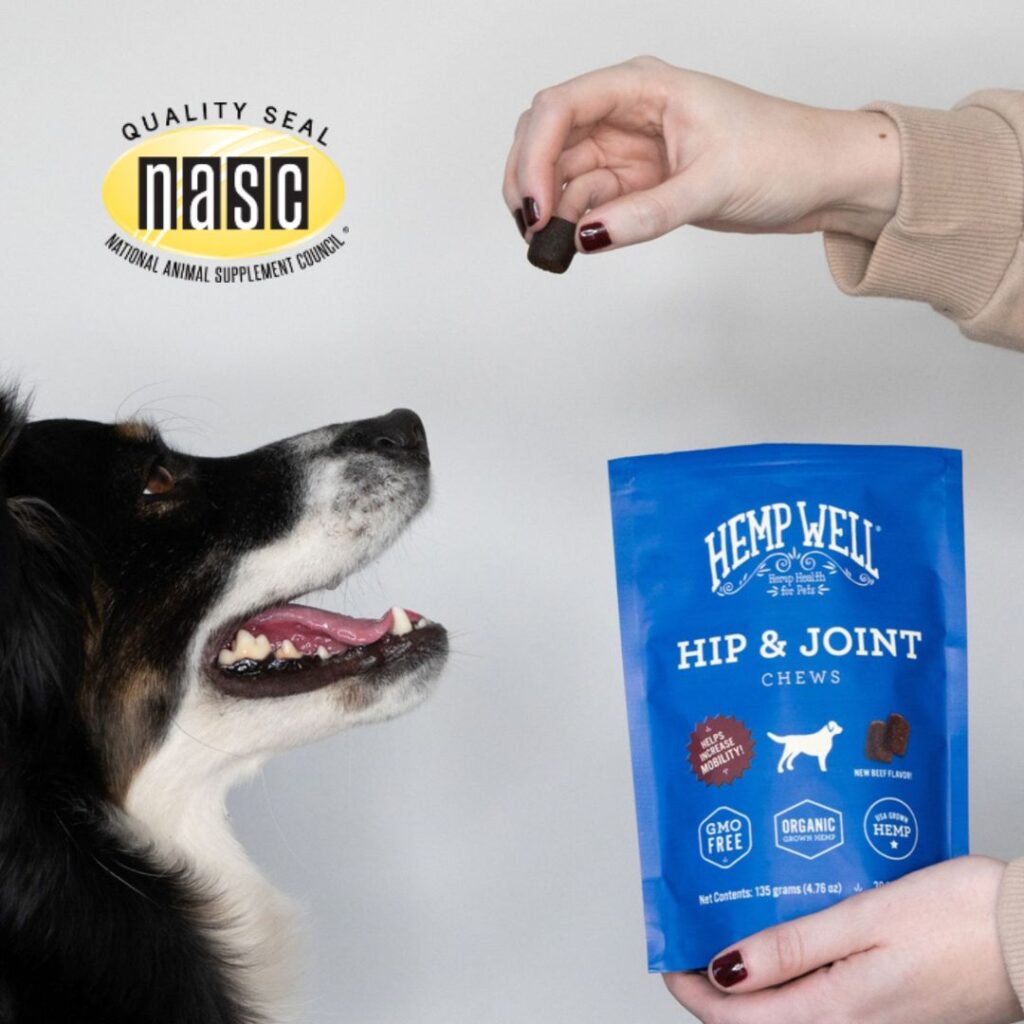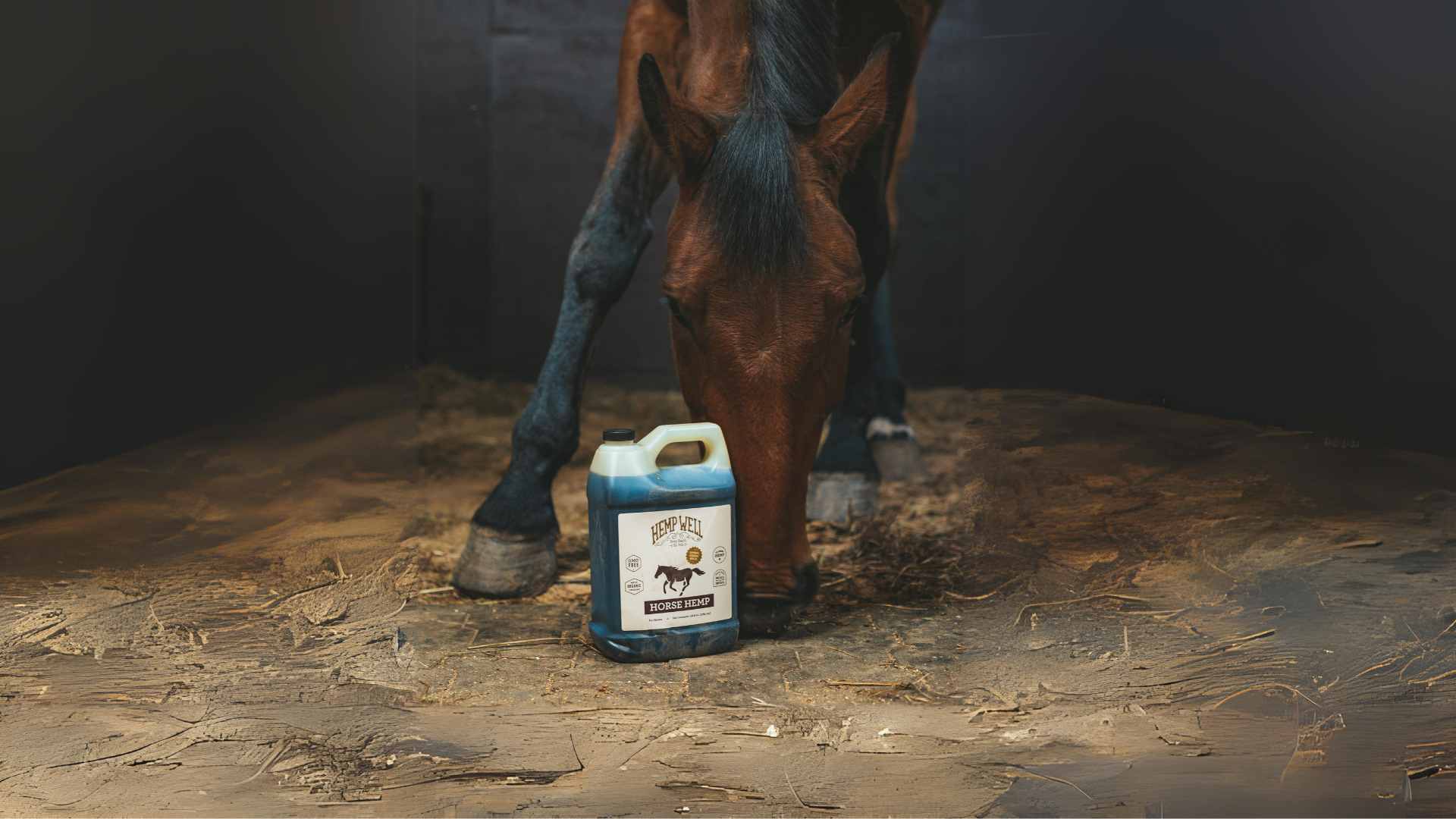
Pet Supplements Require More Marketing Dollars
The pet supplement industry has seen considerable growth in recent years, driven by pet owners’ increasing awareness of health and wellness for their animals. This trend mirrors the human supplement market, where a segment of the population consistently prioritizes health-conscious choices. However, the dynamics of the pet supplement market present unique challenges and opportunities that necessitate strategic adaptations, particularly in marketing and product development.
Market Dynamics
Health-Conscious Segment: Similar to the human market, there is a subset of pet owners deeply invested in the health and well-being of their pets. These consumers often seek out the best supplements to address everything from joint health to anxiety relief, much as they would for any other family member. This segment is likely to be loyal and may use supplements as a long-term wellness strategy rather than just a reactionary purchase.
Specific Health Concerns: A significant portion of new buyers in the pet supplement market enters to address specific, often acute, health concerns. This could range from age-related issues in older pets to anxiety-related behaviors in younger animals. These consumers may not be long-term users unless they see a substantial benefit or if their pet develops new health issues.
Shorter “Buying Window”: The relatively shorter lifespan of pets, particularly dogs, compared to humans, compresses the customer lifecycle for pet supplements. Each pet’s “buying window” may last only as long as the pet’s life (often just the last two years of life), often requiring companies to continuously attract new customers whose pets are entering different life stages. This necessitates persistent marketing efforts and innovative strategies to maintain a steady influx of new consumers.
Strategic Implications
Investment in Creativity and Marketing: Given the shortened buying window and the need to continuously attract new customers, pet supplement companies must invest heavily in creative marketing strategies. Effective messaging and visually appealing creatives can help capture the attention of pet owners, particularly in a crowded marketplace. Engaging content, innovative packaging, and targeted advertising are crucial.
Quality and Branding: While marketing is vital, the foundation of a successful pet supplement brand remains the quality of the product. Consumers today are more informed and can easily research and compare the efficacy and safety of different supplements. High-quality products that deliver on their promises help build brand trust and loyalty, which is crucial for repeat business and word-of-mouth referrals.
Continuous Evolution: Pet supplement brands must continuously evolve to remain relevant. This includes regular updates to packaging and branding to appeal to new generations of pet owners. Brands that fail to innovate risk being overlooked by consumers who are encountering the category for the first time or are looking to switch from older, perhaps less effective solutions.
Retail Relationships: Modern retail buyers for pet supplies are looking for brands that not only have a strong product but can also drive consumer interest and traffic through effective marketing. Brands that demonstrate the ability to engage customers and create demand will find more opportunities in retail spaces, both physical and online.
Conclusion
The pet supplement industry must navigate a complex landscape of consumer behavior influenced by both emotional and practical considerations. Companies need to balance the imperatives of maintaining high product quality with innovative and effective marketing to capture and retain a diverse customer base. As pets increasingly become viewed as integral family members, the expectations for pet health products will continue to rise, requiring brands to continually adapt and innovate to meet these demands effectively.
Hemp Well Team!



